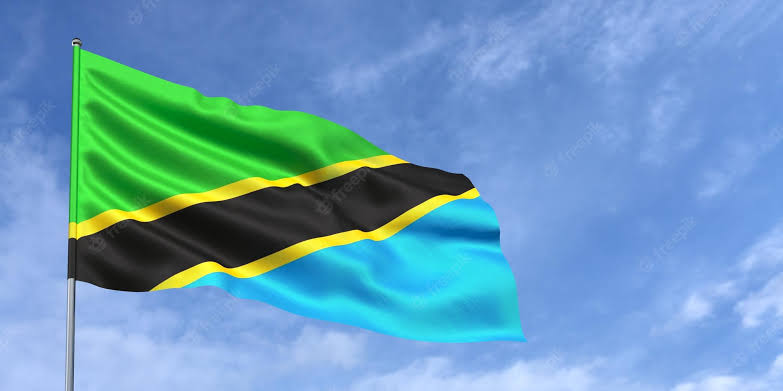With effect from October 1, 2022, forward, the Tanzanian government will no longer impose a charge on mobile money transfers. The decision to repeal the tax came about three months after the administration reduced the transfer charge by 43 per cent.
In addition to removing the price for mobile money transfers, Tanzania will also remove the fee for bank transfers and will waive the transaction fee for cash withdrawals made through bank agents and ATMs for amounts that do not exceed 30,000 Tanzanian shillings (US$12.81).
An East African country’s Minister of Finance and Planning, Mwigulu Nchemba, told the country’s Parliament that fees would no longer be charged for a number of financial transactions, such as moving money from bank accounts to mobile networks, moving money within the same bank, and moving money to and from other banks.
The minister went on to say that the government is looking for ways to save money on things like conferences, training, refreshments, and tours so that it can make up for the money it will lose when taxes are taken away.
The minister told Parliament, “We’ve decided to look at the taxes to make life easier for everyone, encourage cash transactions, and get rid of double taxation.”
Read also: Tanzania China 5g Partnershipoosts-digital-economy
The maximum levy currently stands at TZS4,000 (US$1.72), but with the cut, the maximum levy will be reduced to TZS2,000 (US $0.86). Nchemba also announced a reduction of mobile money transaction costs of 10% to 50%. The current maximum levy is TZS4,000 (US $1.72).
A brief history of the Tanzanian levies
Because the Tanzanian government wants its people to use mobile money services again, it has decided to lower the fees that come with mobile money transfers. When the government began collecting transaction charges in the fiscal years 2021 and 2022, people stopped making use of the services.
In June 2021, Tanzania amended the Electronic and Postal Communication Act (CAP 306) by imposing a levy on mobile money transactions that ranged from TZS10 (US$0.043) to TZS10,000 (US$4.04), depending on the amount sent and withdrawn. This was done in order to raise revenue for the government.
The tax was met with criticism, and as a result, a significant number of Tanzanians stopped using mobile money services. The Tanzanian government decided in September 2021 to reduce the levy by thirty per cent. In June of this year, the levy was reduced even lower to TZS4,000, which is equivalent to $1.72 USD.
As a direct result of these tariffs, the financial health of phone companies has also been hurt. In Tanzania, mobile money and airtime recharge were hit with new taxes, which hurt Vodacom even though it had a lot of growth in the fintech sector in 2021.
Taxation of mobile money in Africa
Several African countries are considering putting taxes on digital financial services (DFS) like mobile money, which are growing quickly.
In January, Cameroon instituted a levy of 0.2% on all mobile money transactions. The Conversation says that Ghana put a 1.5% e-levy on mobile transactions in May. This tax is hurting the poorest people in the country the most.
According to Zimbabwe Independent, since 2018, Ugandans have had to pay a mobile money tax of 0.5%, while beginning in 2019, Zimbabweans have been required to pay a whopping 2% charge, which is the highest tax rate when compared to other countries.
